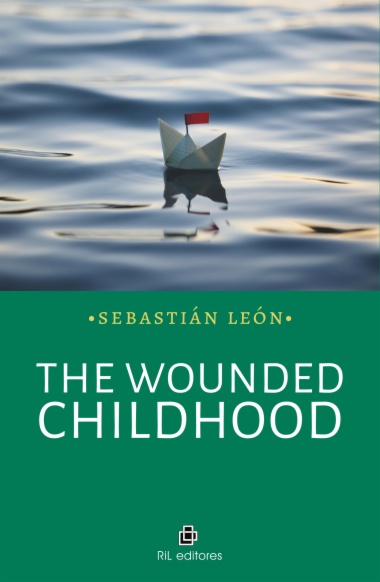1 We all carry the burden of childhood emotional wounds.
2 Some of these wounds are circumstantial and minor, whereas others are deep and chronic, such as those that respond to experience of childhood mistreatment: physical violence, psychological violence, sexual abuse, parental negligence, abandonment.
3 These childhood emotional wounds, by being open and not sufficiently healed, tend to affect, obstacle or interrupt adult life.
4 Psychotherapy with adults can very well be understood, from its roots, as the joint process of healing the childhood emotional wounds.
5 Speaking of the wounded childhood is acknowledging childhood as the most important period in the emotional construction of an individual.
6 This does not imply ceasing to consider the emotional wounds whose origin comes from adolescence or adulthood.
7 Childhood emotional wounds tend to occur in the context of early relationships with parents or caregivers, as well as with siblings or other figures of the nuclear family. It is also necessary to add the school environment.
8 The wounded childhood refers especially to the complex relational trauma, i.e. the intolerable and chronic suffering or pain that happens every day during development and frequently in the context of significant and close interpersonal relationships.
9 If the wounded childhood is a mistreated childhood, then its opposite is a well-treated childhood.
10 An upbringing based on good treatment and on an education for non-violence are fundamental pillars of mental health.
- Cover
- Title page
- Copyright page
- Índex
- Decalogue as a means of prologue
- I. Our childhood emotional wounds
- II. Severing the chains of pain
- III. The wounded childhood and psychotherapy
- IV. The stolen childhood
- V. Emotional orphans
- VI. The wounded adulthood

